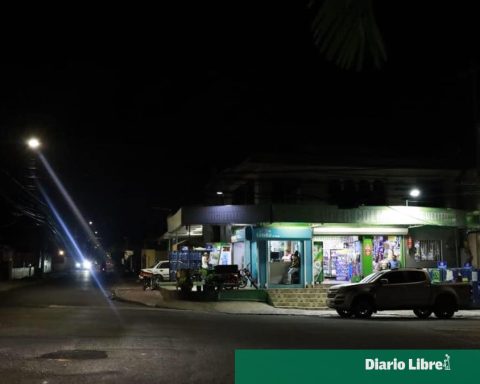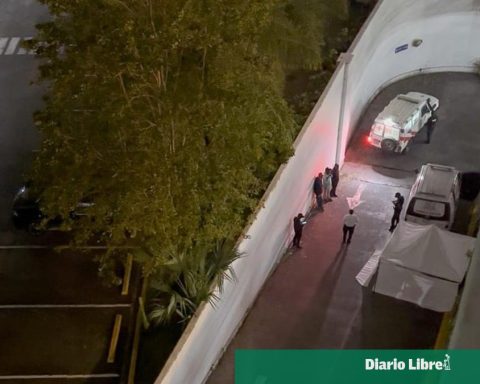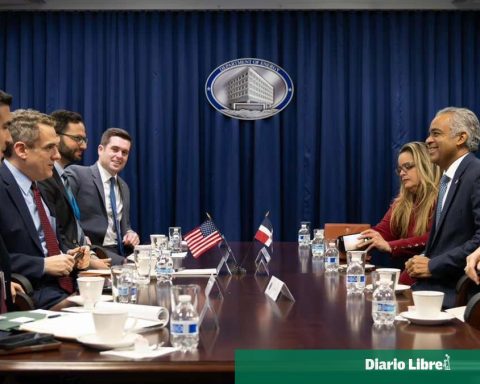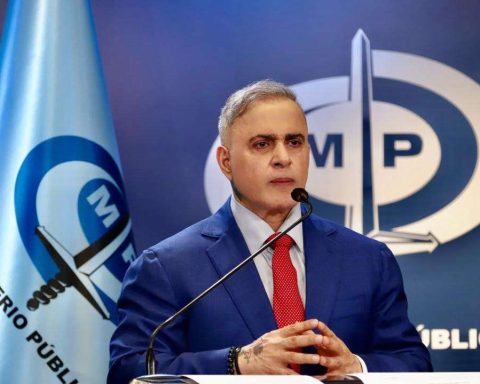The Special Commission of the Senate that studies the proposals agreed upon to date on the Organic Law of Electoral Regime omitted three articles of relevance and much discussion in the past electoral process, as stated by the Central Electoral Board (JCE) in a report containing the assessments and recommendations of the body.
The document sent by the president of the Central Electoral Board, Román Jáquez Liranzo, and received yesterday Monday by the president of the Senate commission, Ricardo de los Santos, indicates that the omitted articles are 99, which corresponds to the automation of the electoral process; the 136 on the gender parity in the candidatures; and 277 relating to precautionary measures.
On the 277, the JCE notes that “It must be verified if the absence in the Senate proposal is due to the omission of the JCE in the project sent to Congress and corrected by means of an Official Communication.”
Article 99 on the electoral automation process empowers the JCE, so that, in consultation with the parties, it advances in the progressive automation of the voting process, having to test the systems that will be used at least six months before the date of the vote. Indicates how the tests will be carried out for the validation of the programs and equipment to be used. Given the omission of the article, the JCE notice that the project “it jumps from article 98 to 100”.
In article 136 on gender equity, the current law indicates that the nominations and proposals for candidacies to the Chamber of Deputies, to the councilors and members will be governed by the principle of gender equalityso these must be integrated in accordance with the provisions of the Party Law, for not less than 40% nor more than 60% of men and women of the national proposal. The JCE says that “it does not appear in the presented project”.
Commission rejections
The JCE asks the Senate Special Committee to reassess the rejected proposals on campaign spending caps; reporting and penalties; closed and blocked lists at the council and council level; precision -to avoid normative dispersion- of the D’hont proportional formula; the deadlines; the removal by the JCE to arbitrate and regulate the primaries.
The JCE considers that its role should be limited to supervising and logistically supporting them; organization of debates at the presidential level; parity criteria; and electoral alliances and coalitions and aspects related to the allocation of seats for national deputies by accumulation of votes.
Accepted provisions
Despite the articles omitted or rejected, the JCE points out that 36 provisions were fully or partially approved, among which the concepts of merger, turncoat, turncoat, postulation stand out; the proposal regarding the designation of a congressman in case of vacancy; the proposal that the ordinary courts are competent to hear crimes and misdemeanors in electoral matters and not the Superior Electoral Court, among others.
The municipal elections of February 2020 were suspended after “a technical failure” in the automated vote. Before, the pre-candidate Leonel Fernández denounced an alleged fraud in the PLD primaries, through a logarithm that could not be verified.

















